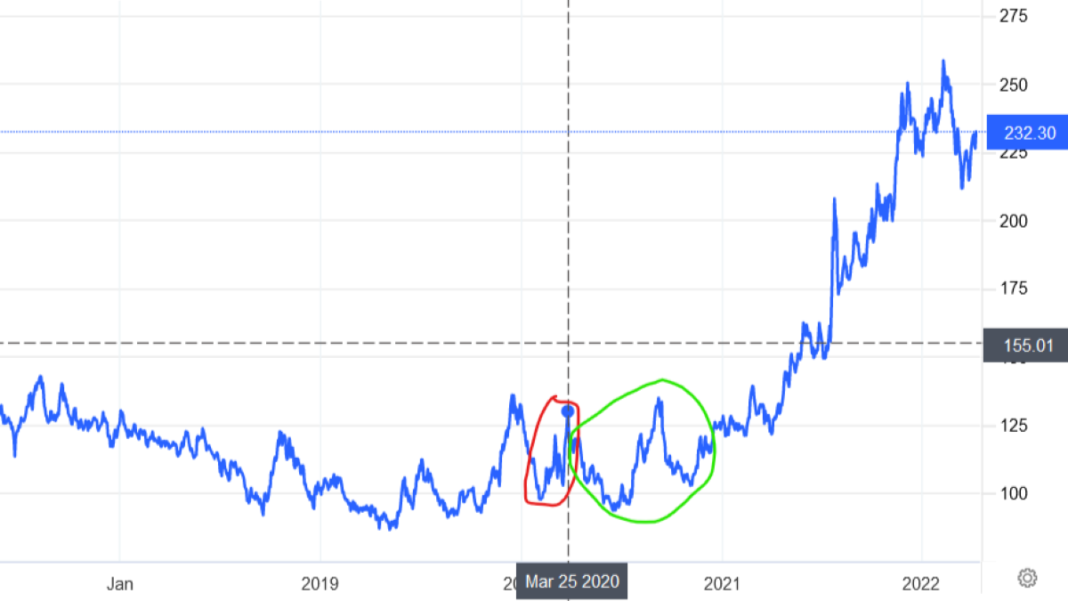INDIA: In economics, the Giffen good is a rare and puzzling phenomenon that challenges the simple laws of supply and demand.
A Giffen good is a product or service for which demand increases when its price goes up and decreases when its price goes down.
This paradoxical behaviour goes against the law of demand, which states that as the price of a good or service increases, its demand should decrease.
Named after the Scottish economist Sir Robert Giffen, who first observed this phenomenon in the 19th century, the Giffen good is a rare case where the income effect of a price change dominates the substitution effect.
In other words, when the price of a Giffen good goes up, its increased price makes it relatively more expensive when compared to other goods, and people who are already struggling to afford necessities like food may find it necessary to buy even more of the Giffen good to sustain themselves.
Inferior goods that people consume more of when their income is low, but less when their income is high, often exhibit this paradoxical behaviour.
One classic example of a Giffen good is potatoes in Ireland during the 19th century.
During this time, the Irish population had low income, and potatoes were a staple food that accounted for a large portion of their diet.
When the price of potatoes increased due to a blight that destroyed many crops, people could no longer afford to buy more expensive foods like meat and vegetables.
As a result, they bought even more potatoes, despite the higher price. This peculiar phenomenon led Giffen to conclude that, in certain situations, the law of demand may not hold.
The concept of the Giffen good has important implications for policymakers, as it challenges the conventional wisdom that increasing the price of a good will always decrease its demand.
In the case of a Giffen good, increasing the price may increase demand, which can create problems for policymakers who want to reduce demand for specific goods or services.
For example, if a government wants to reduce the consumption of cigarettes by increasing taxes, but cigarettes are a Giffen good for some people, the tax increase may lead to an increase in cigarette consumption.
In addition to its practical implications, the Giffen good is also an interesting topic for economists who study consumer behaviour.
Understanding why some goods behave counterintuitively can explain the complex psychological and social factors influencing consumer choices.
For example, some scholars have suggested that the Giffen good phenomenon may be related to social signalling, where people use their consumption choices to signal their social status or identity to others.
Also Read: Jevons Paradox: Why Increasing Efficiency Could Lead to Increased Consumption



